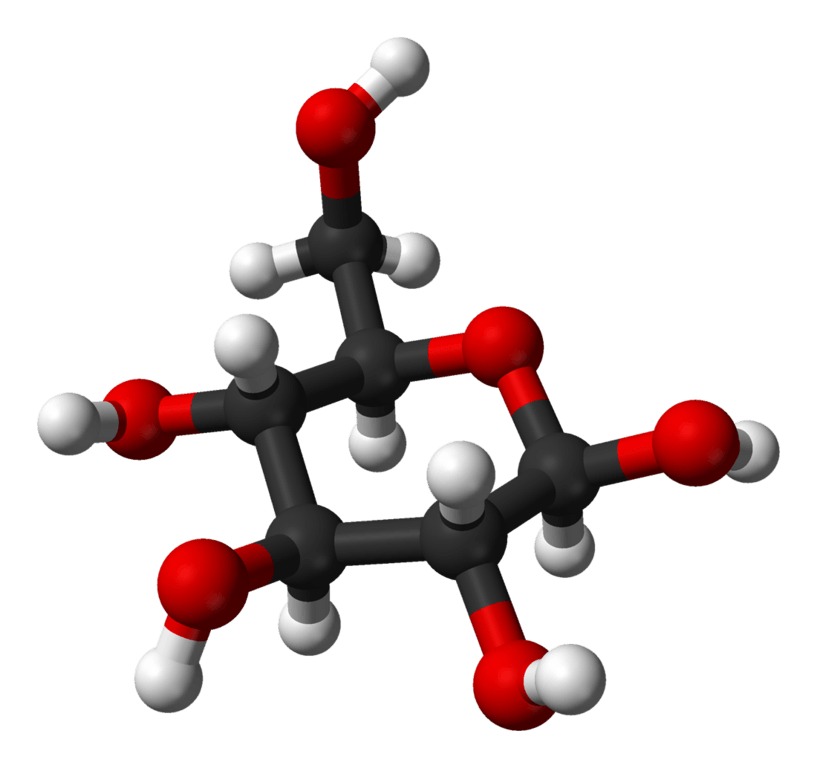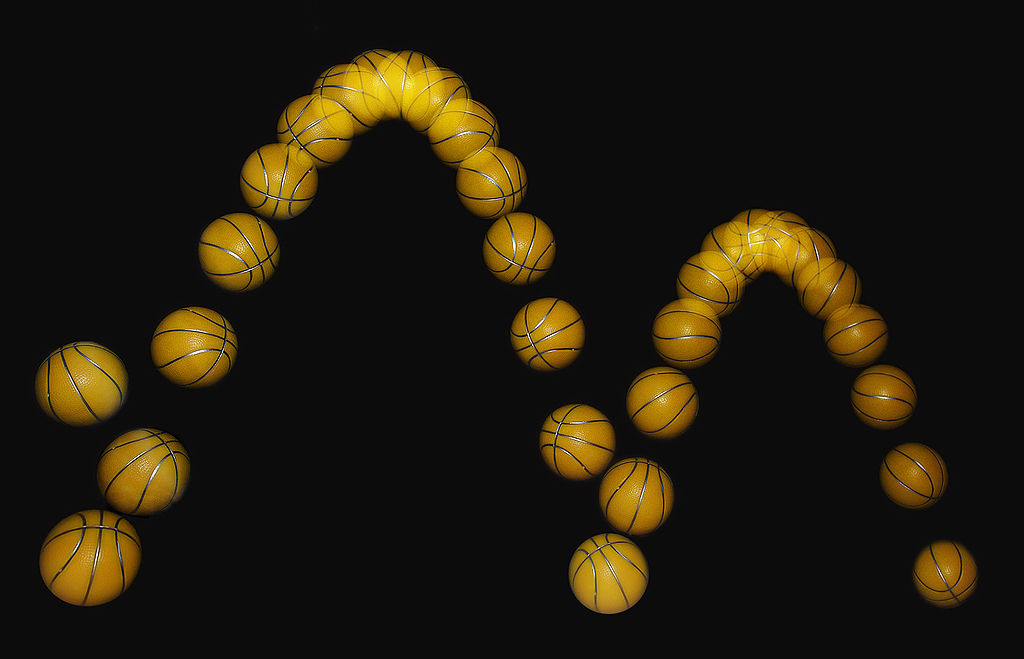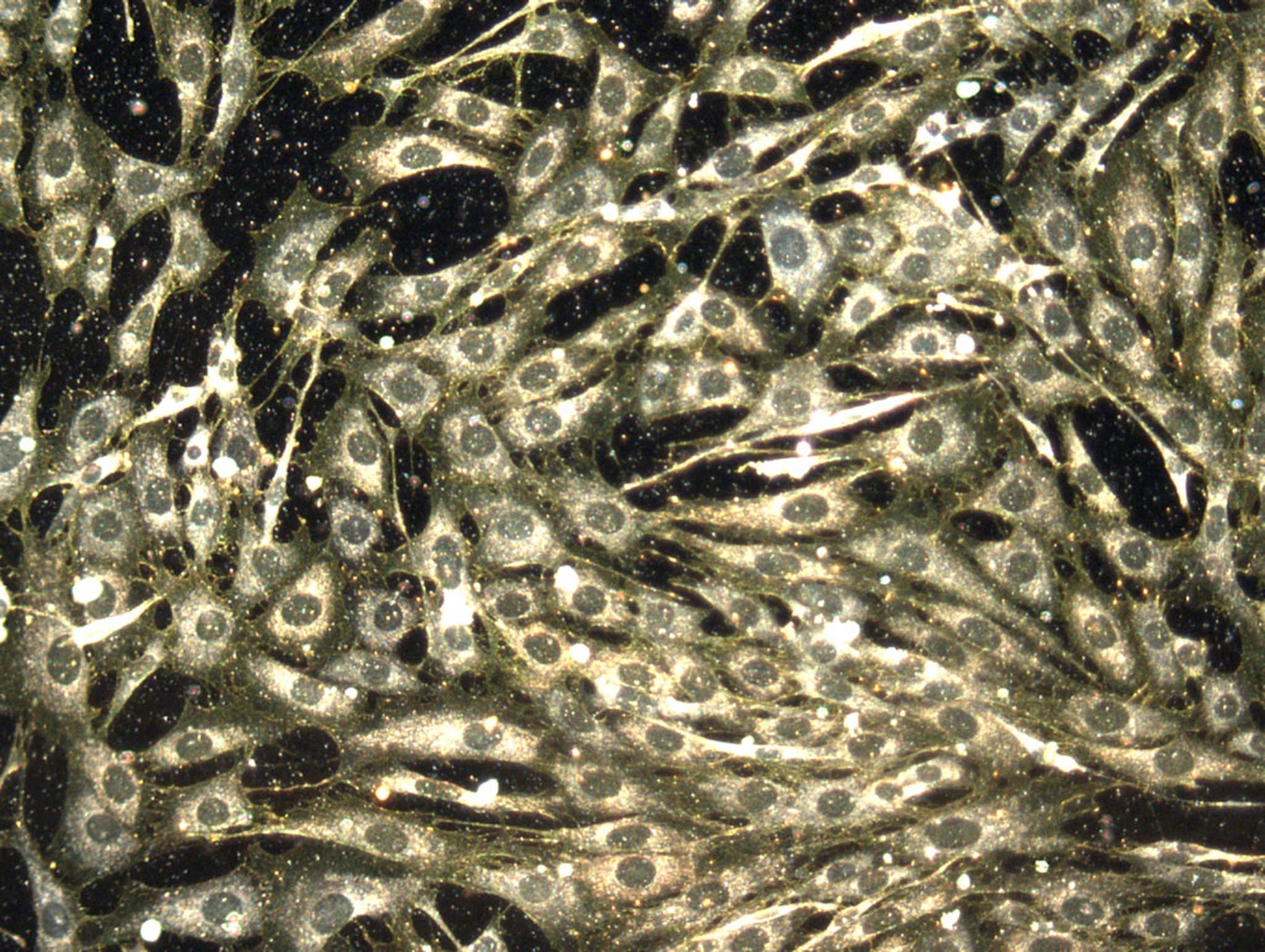Earth Timeline: From 4.5 Billion Years Ago To Today

Over 4.5 billion years ago, our solar system formed from a giant molecular cloud that collapsed under its own tremendous gravity. The hot stew of…
Read more

Over 4.5 billion years ago, our solar system formed from a giant molecular cloud that collapsed under its own tremendous gravity. The hot stew of…
Read more

What is energy? There are many different kinds of energy, kinetic energy, chemical energy, heat energy, and electromagnetic energy, but fundamentally all energy is the…
Read more

In the context of mathematics, a rational number is a number that can be expressed as the ratio of two integers. A rational number is…
Read more

Glucose is the most important source of energy for living organisms. Living organisms rely on energy derived from glucose to run their biological processes. During cellular…
Read more

In mathematics, a rate of change is a mathematical expression that relates changes in one quantity to changes in another quantity. Rates of change are…
Read more

Grab a baseball and toss it straight up. What happens? As you initially throw the baseball, it will gains some height. The ball begins to…
Read more

How does a guitar make noise? Anyone who has seen guitars knows that they make noise by the vibration of the strings. Plucking a string…
Read more

Cells perform many different functions. They produce energy, communicate with other cells, and compose the physical bulk of the body. One major function of cells…
Read more

Taxonomy in biology refers to the science of classifying and organizing living organisms into groupings based on shared characteristics. Organisms are placed into taxa which…
Read more

The interior of eukaryotic cells can be divided into two main parts: the nucleus and the cytoplasm. The nucleus contains genetic information in the form…
Read more

DNA is the most important molecule for life. DNA contains the genetic code unique to each individual; the genetic code that is the blueprint for…
Read more